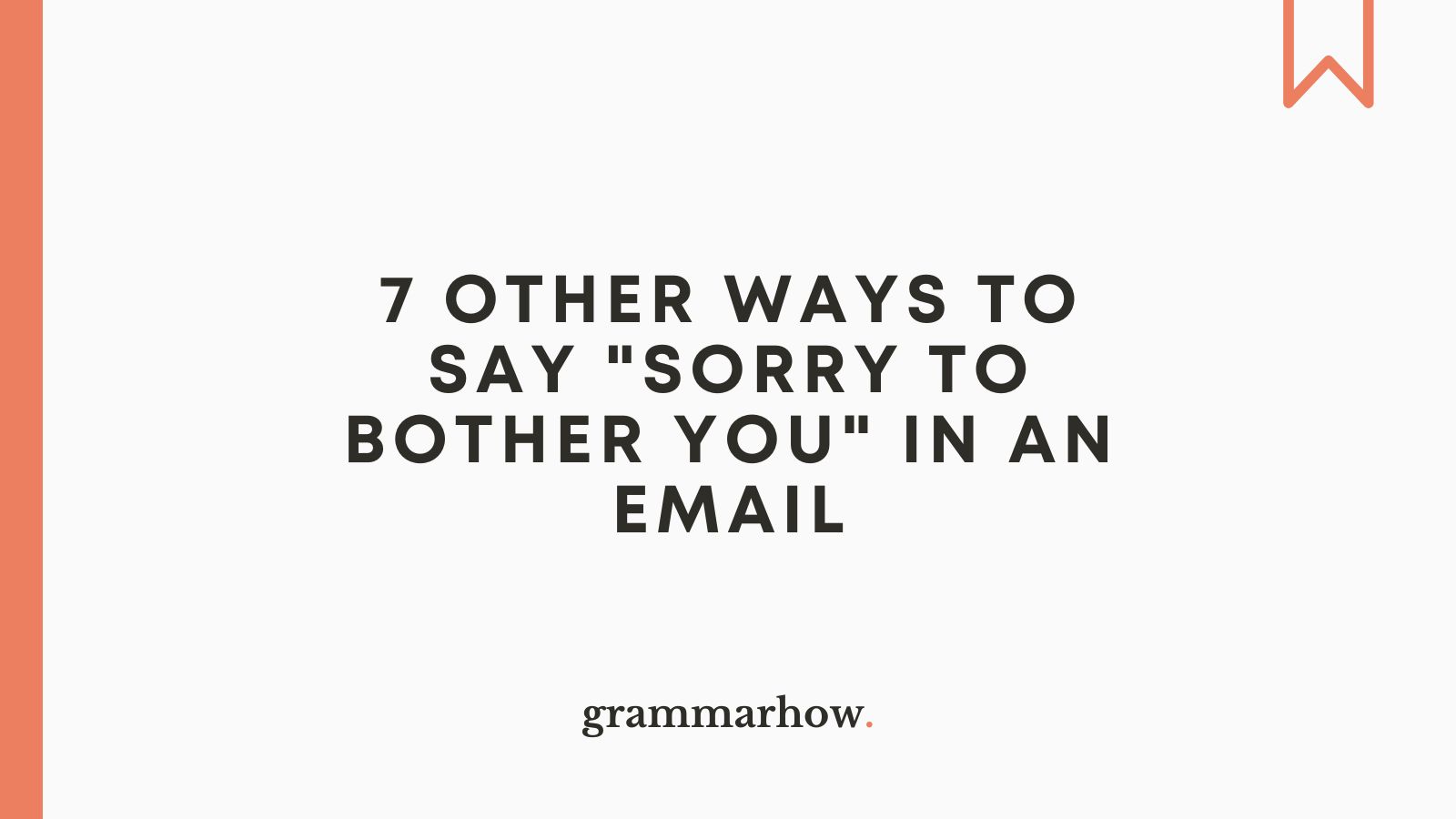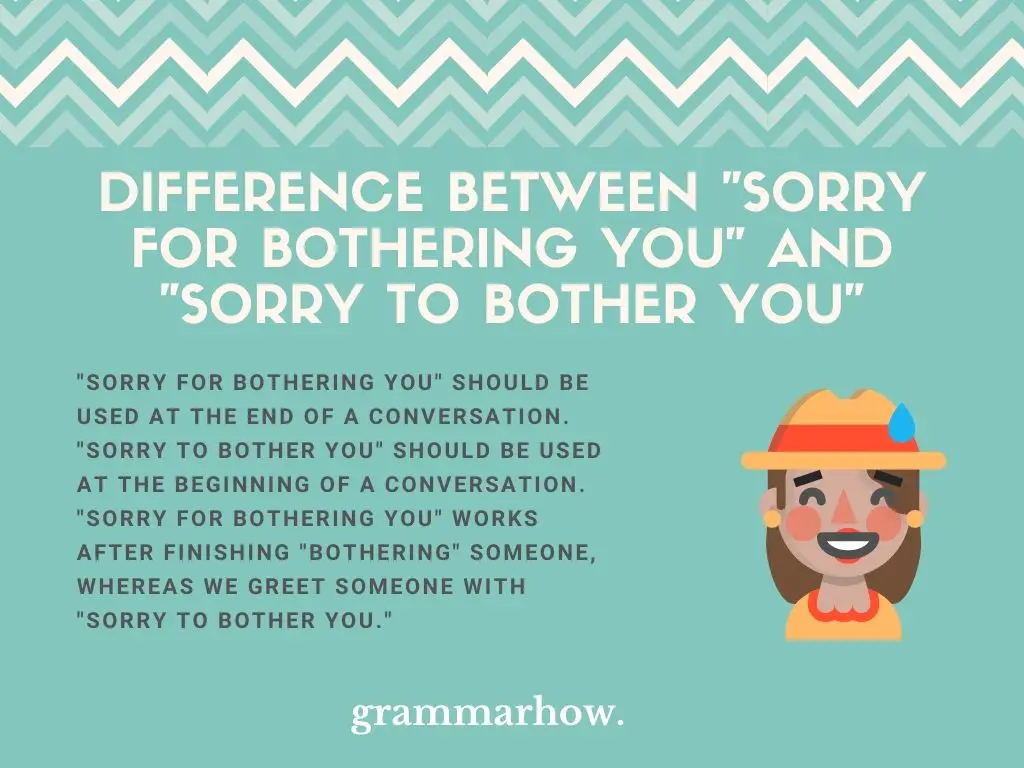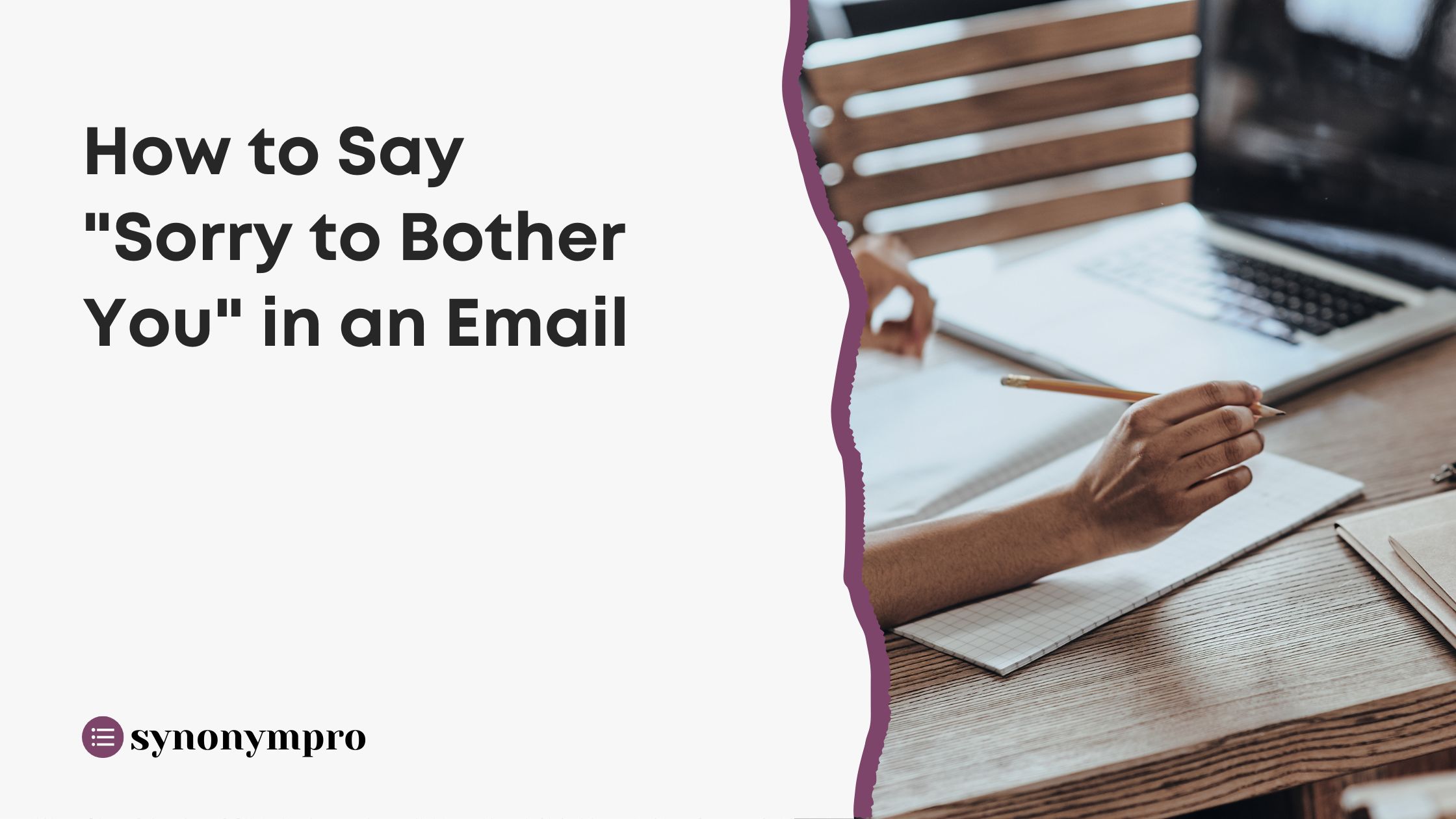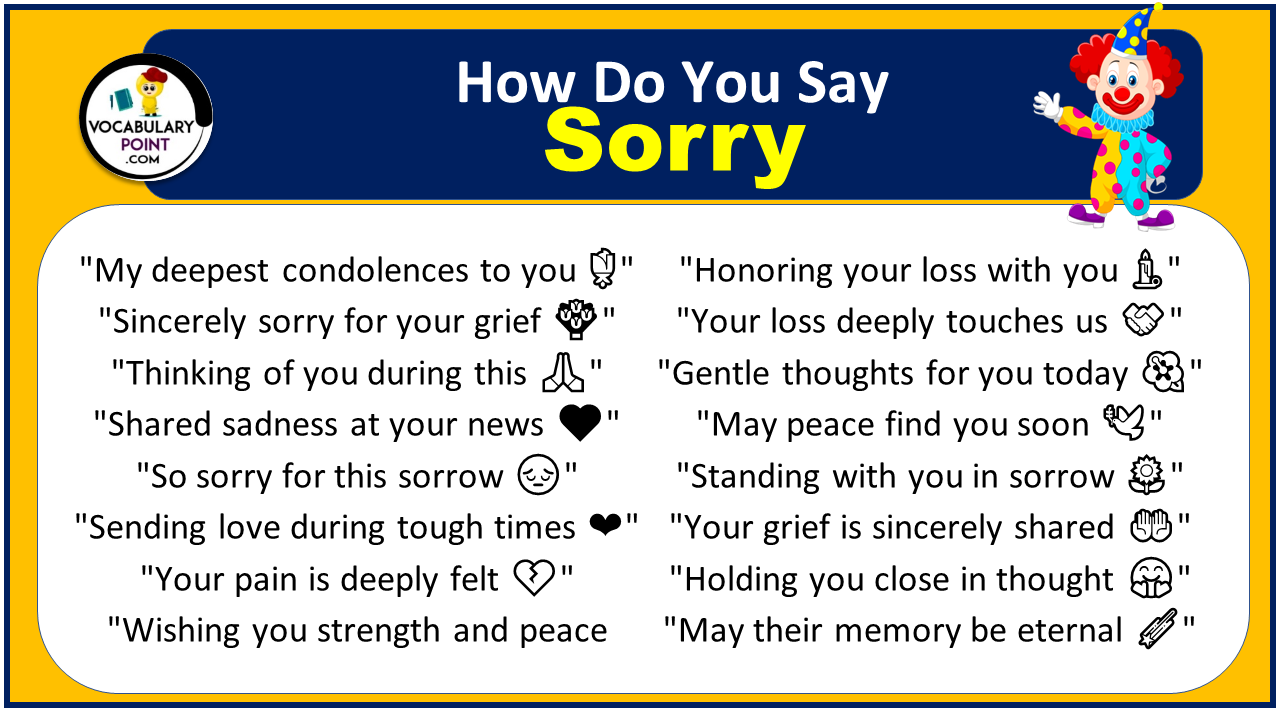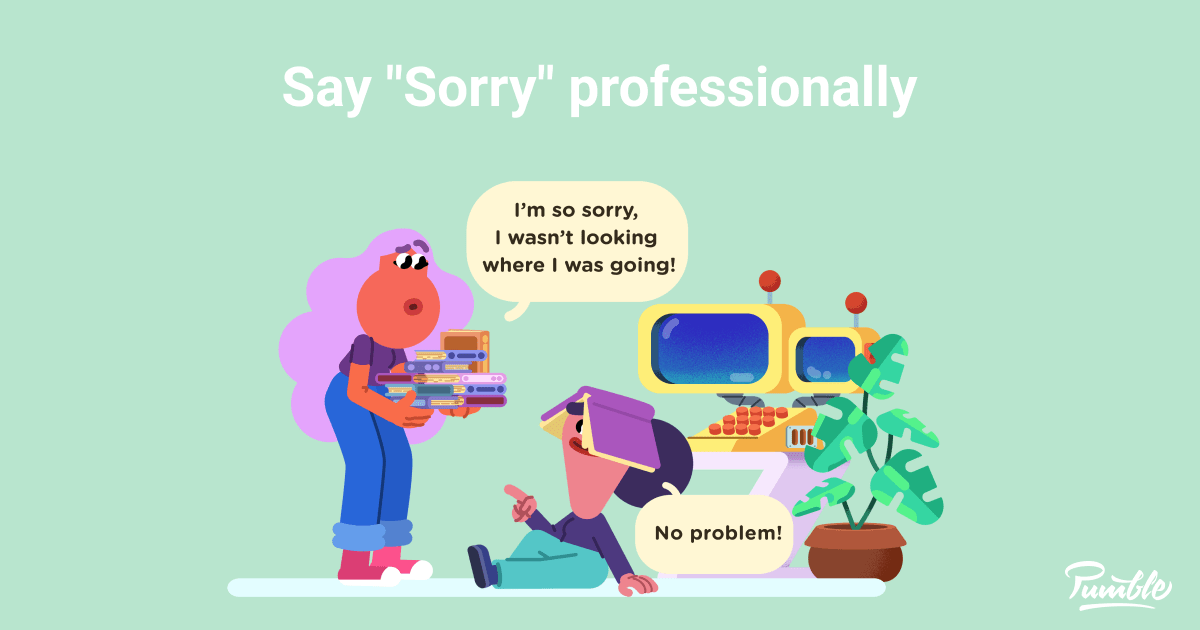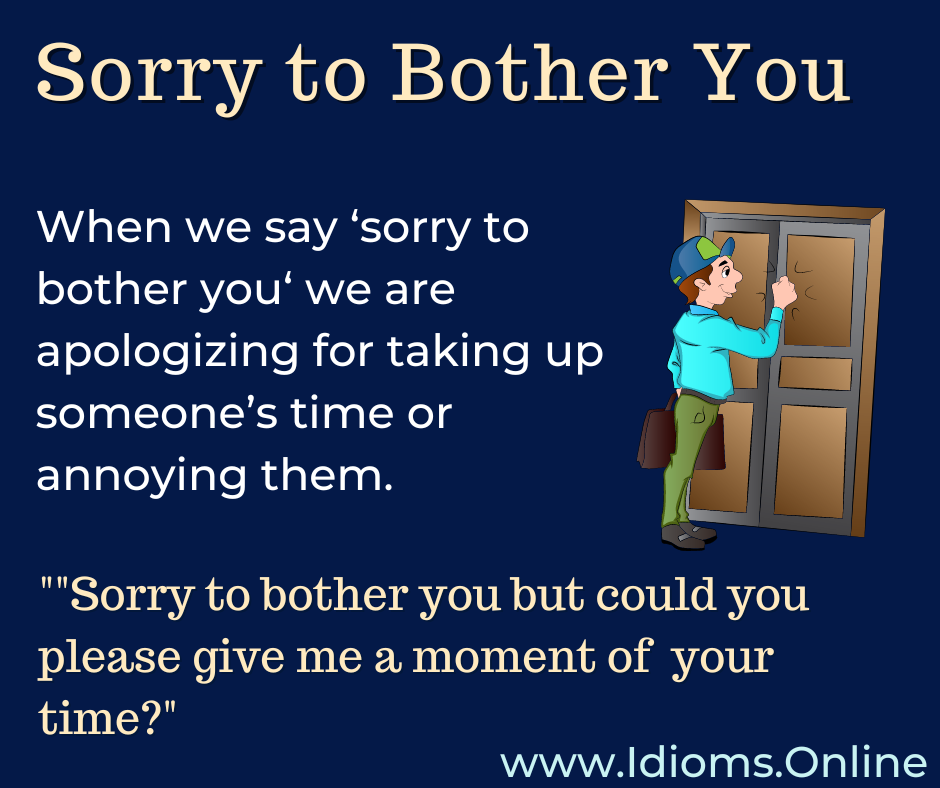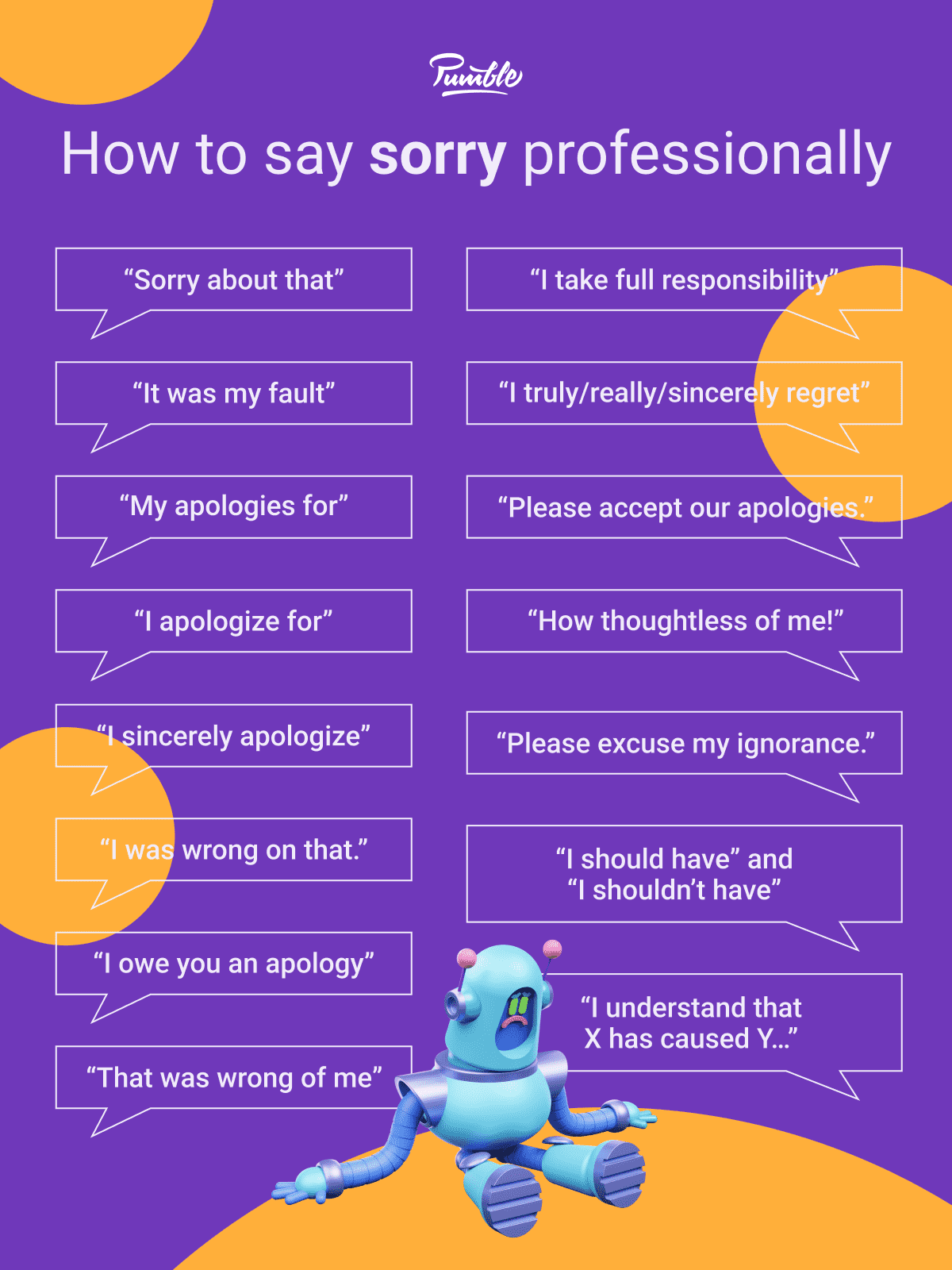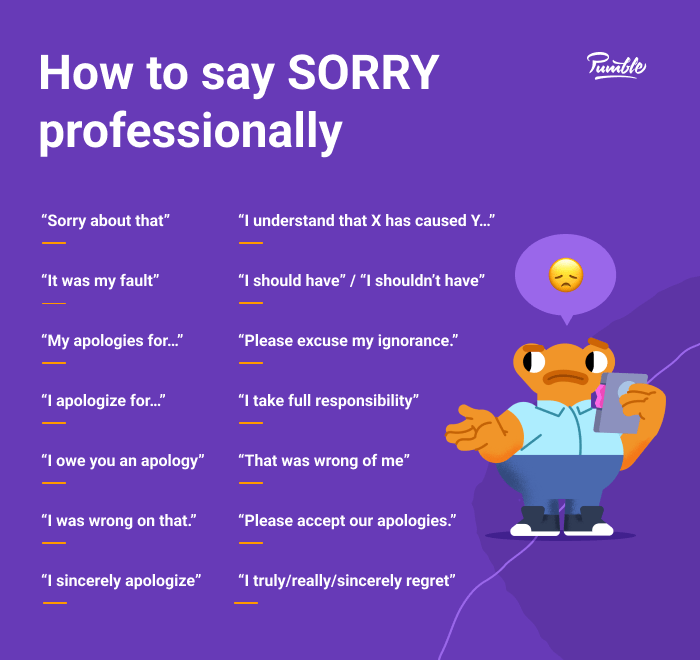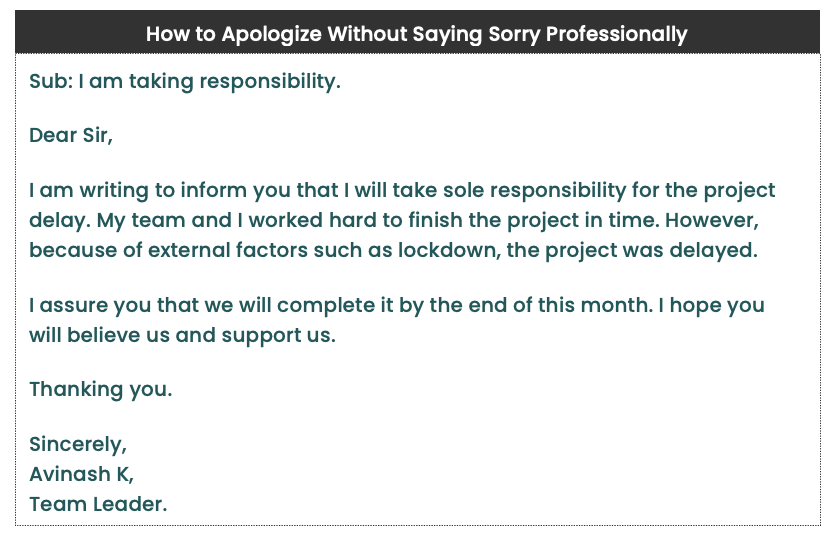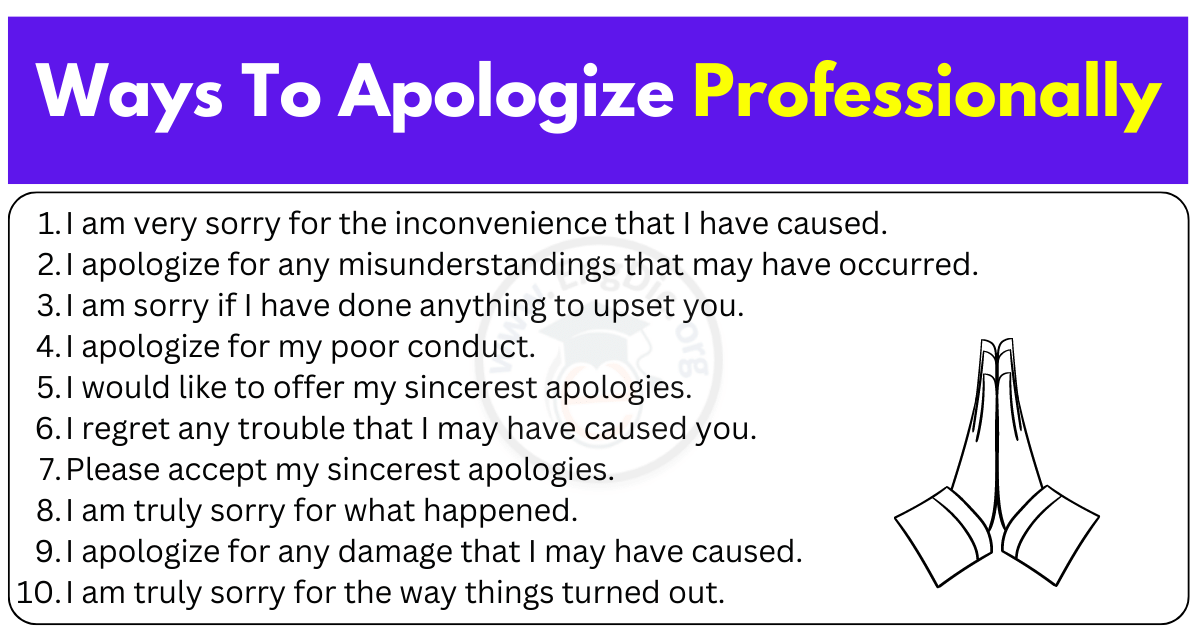How Do You Say Sorry For Bothering You Professionally
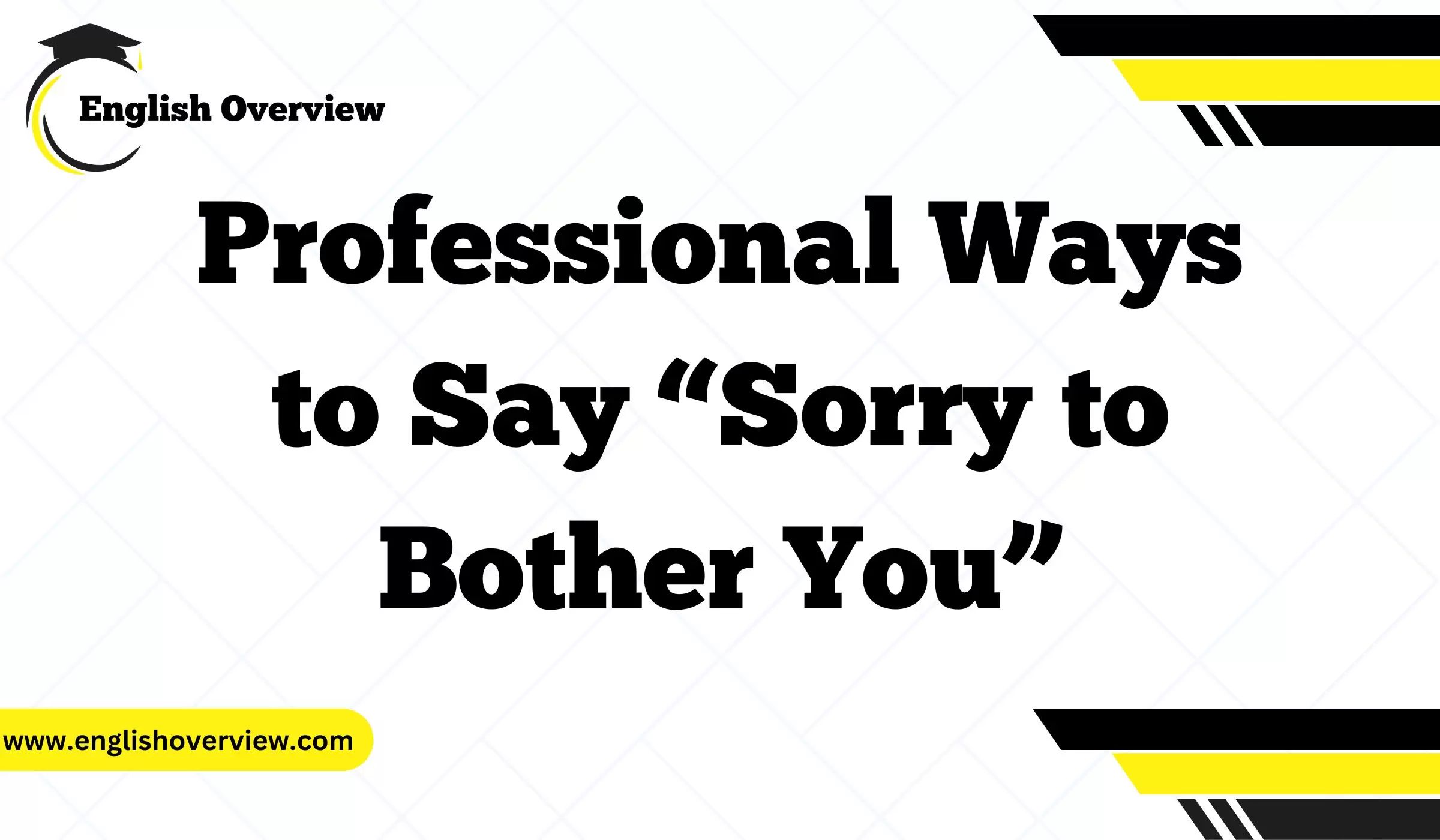
Unnecessary professional apologies plague workplaces, hindering productivity and fostering anxiety. This article dissects the art of the professional "sorry," offering strategies for effective communication and minimizing the need for apologies in the first place.
The Apology Epidemic
Professionals often over-apologize, weakening their authority and contributing to a culture of self-doubt. This habit stems from various factors, including fear of appearing incompetent or causing inconvenience. Excessive apologies can dilute the impact of sincere remorse when it's truly needed.
Understanding the Root Cause
The tendency to over-apologize often masks underlying insecurities about one's performance or value. Analyzing the specific situations triggering these apologies is crucial. Are they related to seeking clarification, requesting assistance, or disagreeing with a colleague? Identifying patterns helps address the root issue instead of simply suppressing the symptom.
Strategies for Saying "Sorry" Effectively (or Not at All)
Instead of a reflexive apology, consider alternative phrases that convey respect and acknowledge the other person's time without undermining your credibility. "Thank you for your time" or "I appreciate your help" are often more suitable substitutes.
Reframe questions as statements to reduce the perceived burden. Instead of "Sorry to bother you, but do you know where the report is?" try "I'm looking for the report. Has anyone seen it recently?" This approach positions you as proactive rather than apologetic.
Before reaching out, thoroughly research the answer yourself. Consult available resources, internal documentation, or previous communications. This demonstrates initiative and minimizes the need for trivial inquiries.
When an Apology is Necessary
When you've genuinely made a mistake that impacted a colleague or project, a sincere apology is essential. Acknowledge the error, take responsibility for your actions, and outline steps to rectify the situation. Avoid making excuses or deflecting blame.
Be specific. Instead of a vague "Sorry for the inconvenience," say "I apologize for the delay in submitting the report. I understand this affected the project timeline." Showing that you understand the impact strengthens the apology's sincerity.
Empathy is key. Consider the other person's perspective and how your actions affected them. A sincere apology should reflect genuine remorse and a commitment to avoid similar errors in the future.
Building a Culture of Open Communication
Organizations can foster environments where seeking help and asking questions are encouraged, reducing the pressure to apologize unnecessarily. Open communication channels and readily available resources can empower employees to find information independently.
Leadership plays a crucial role in modeling appropriate communication. By avoiding excessive apologies and promoting a culture of mutual respect, leaders set a positive example for their teams.
Regular training on effective communication and conflict resolution can equip employees with the skills to navigate workplace interactions confidently. This includes learning how to phrase requests, offer constructive feedback, and address concerns without resorting to unnecessary apologies.
Next Steps and Ongoing Development
Individuals should consciously monitor their communication patterns, identifying instances of unnecessary apologies. Practice reframing phrases and focusing on proactive problem-solving.
Companies should invest in resources and training to promote effective communication and address the underlying causes of over-apologizing. Feedback mechanisms can help employees identify areas for improvement and build confidence in their communication skills.
The long-term goal is to create a professional environment where individuals feel empowered to communicate clearly, respectfully, and confidently, minimizing the need for apologies unless truly warranted.



